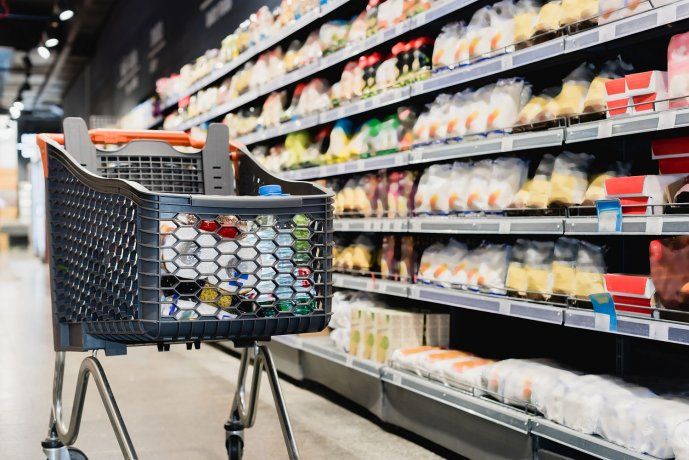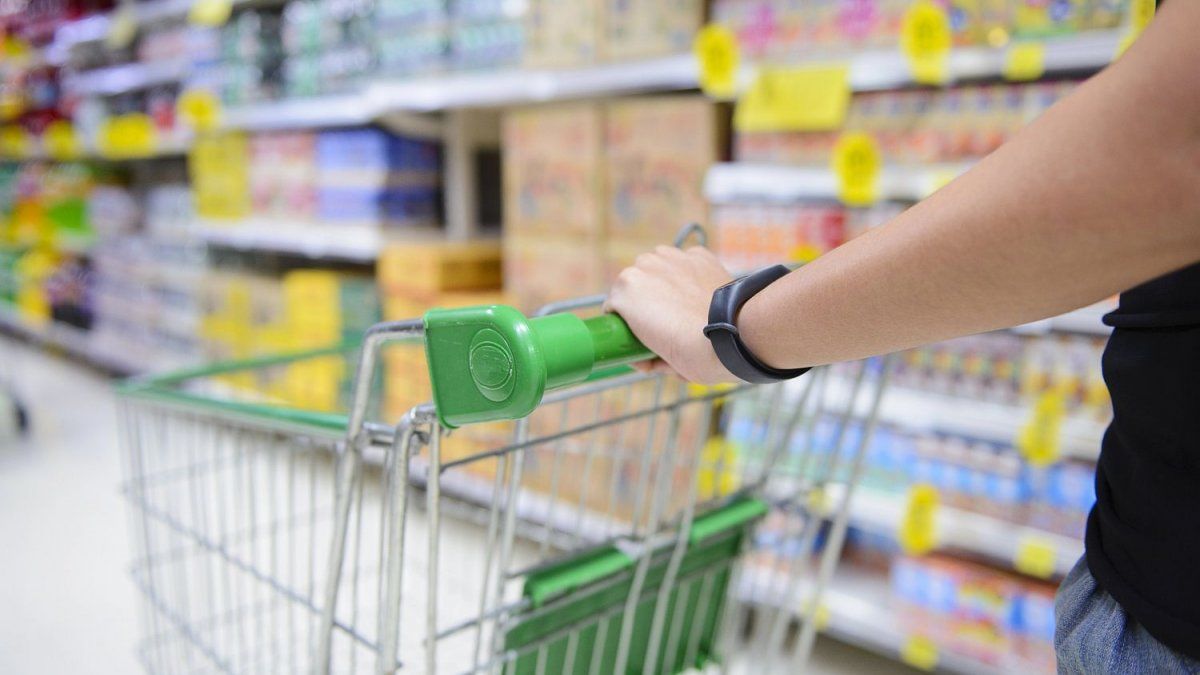The data comes from a survey carried out by INDEC and CADAM. Which essential products have increased their sales and which have fallen in April?
He National Institute of Statistics and Censuses (INDEC) carried out a survey on the total sales at current prices of wholesalers in essential products of Beverages, Warehouse, Bakery, Dairy and Cleaning and perfumery items. The results showed that Sales registered an increase of almost 20% during the month of March.
The content you want to access is exclusive to subscribers.
The increase recorded in March in sales of essential wholesale products
inflation-prices-food-supermarkets.jpg

Depositphotos
Every month, the organization carries out a survey of wholesale sales in items such as clothing, footwear and home textiles, food, among others. For that reason, since Argentine Chamber of Distributors and Wholesale Self-Services (CADAM) They carry out specific research on products and the consumption of essential products to have this data.


According to the results of INDEC and the CADAM survey among wholesale partners, a recovery was noted in the month of March, although a decrease in sales volume was observed in the year-on-year comparison.
Sales of essential products in April
As highlighted by the Argentine Chamber of Distributors and Wholesale Self-Services (CADAM): “There is a very clear trend of choice of second brandsToday what we are looking for is price”, anticipating April trends. In this way, they indicated which are the essential products that have registered a increase in sales and which have fallen abruptly.
Among the products that increased sales last month are oils and dressingsalong with a rise of more than 100% of insecticides and a 200% repellents. Meanwhile, products related to clothing care, cleaners, floor waxes, makeup products and creams They fell sharply.
In this way they explain that the public begins to cut non-essential products and choose the alternative brands at a lower price to carry more quantity. A clear example of this is observed in cleaning products, since an estagnation of sales of premium products.
Finally, the survey detected “Very few” either “null“the arrival of new imported products and indicated that the supply of products that were in shortage due to lack of information has been normalized.
Approximately 61% of sales are mobilized through the “traditional channel” of commerce. This is composed of 10,000 wholesalers that distribute to the SME network of 140,000 stores, pharmacies, perfumeries and 13,000 self-service stores.
“Today, businesses They ask for longer payment terms, What they need are financing plans to sustain the wrecks,” CADAM concluded.
Source: Ambito




